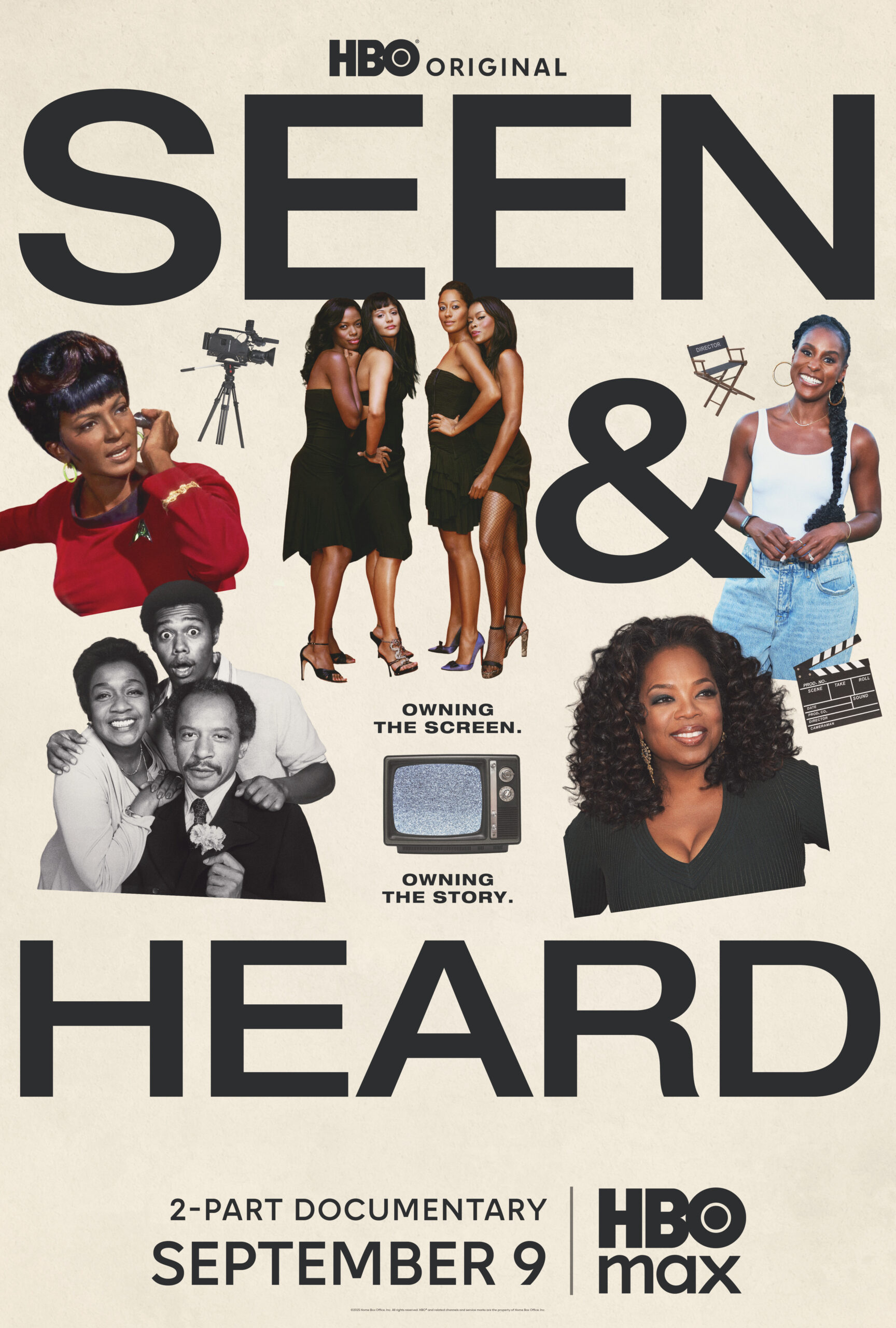Through archival footage and interviews with major figures in the television industry and culture shapers, the documentary spotlights the trailblazers who paved the way, exploring complex narratives around race, identity, and cultural legacy. As each generation of Black television actors, writers, and creators built on the work of those before them, each voice became part of a lineage — responding to, reimagining, and reshaping Black storytelling on screen. Black writers and actors speak to their struggle for creative control, moving from token representation to truer, more complex portrayals and authorship. Black television has been, and continues to be, a ground-breaking force in the media, shaping culture, challenging norms, and redefining representation. The documentary also explores the business of Black television, its changing role in the media landscape, and its complex relationship to broader industry success. SEEN & HEARD: THE HISTORY OF BLACK TELEVISION showcases a reclamation of narrative power, a celebration of the past, and an illumination of a new generation of voices shaping the future of television.
Part One: SEEN
Debut date: TUESDAY, SEPTEMBER 9 (9:00-10:14 p.m. ET/PT)
Part One, SEEN, details decades of cultural shifts in television, with prominent Black voices sharing stories of their journeys, inspirations, and insights into their work and the industry. Historically, Black television was shaped by white writers and creators, from “Amos ‘n’ Andy” to wildly popular shows including “The Jeffersons” and “Good Times.” While Black characters were becoming increasingly visible on screen, their stories were not always written with authenticity or complexity. A rise in shows by Black creators brought social issues including the AIDS crisis, homosexuality, and racial protests to the forefront, and Black television went beyond merely reflecting culture – it began to create it. “In Living Color” and “The Arsenio Hall Show” gave an unprecedented national platform to hip-hop and Black comedians, driving discourse and reframing the cultural landscape. Despite a host of shows with Black creators and crews that built audiences and boosted ratings, by the end of the 1990s and into the early 2000s, many popular Black shows were cancelled and a new slate of programming featuring all white casts emerged.
Part Two: HEARD
Debut date: WEDNESDAY, SEPTEMBER 10 (9:00-10:30 p.m. ET/PT)
Part Two, HEARD, addresses ownership of the narrative, highlighting the need for opportunity at every level – including showrunners, editors, cinematographers, and writers. The responsibility and power of storytelling is demonstrated in Shonda Rhimes’ color-blind casting for her powerhouse shows, Oprah betting on herself and owning her own content and vision, and other stories depicting the breath of the Black experience, such as scenes of the Tulsa massacre from HBO’s “Watchmen,” that underscored the importance of showing Black history authentically. HEARD also explores the rise of social media, enabling artists to own their own image, propelling creators like Issa Rae to success, and showcases how creators pay it forward. Lena Waithe’s mentorship lab reflects that mission – to open doors for the next generation and ensure that those telling Black stories reflect the full spectrum of the Black experience. With ownership of media companies, newspapers, and intellectual property, Black creators shape perception and policy while honoring the full scope of their history in all its paradoxes and complexities.
